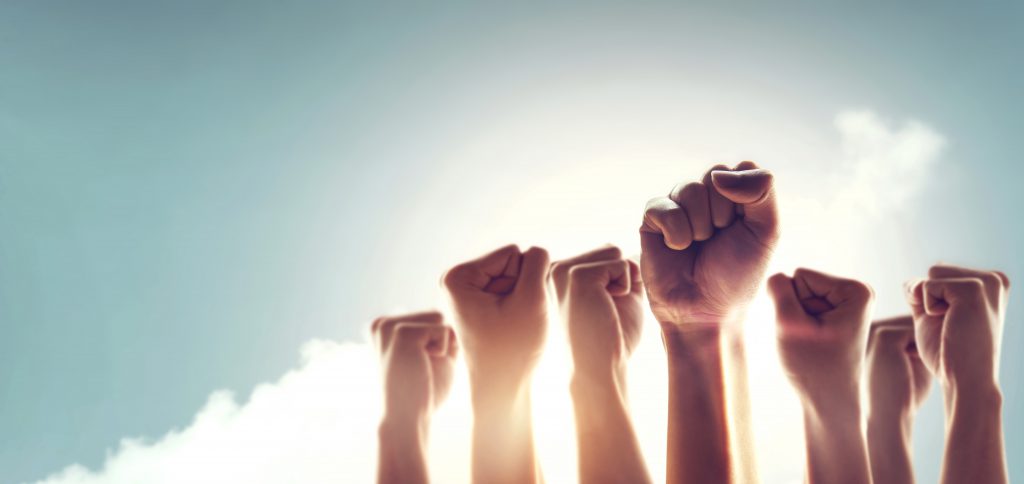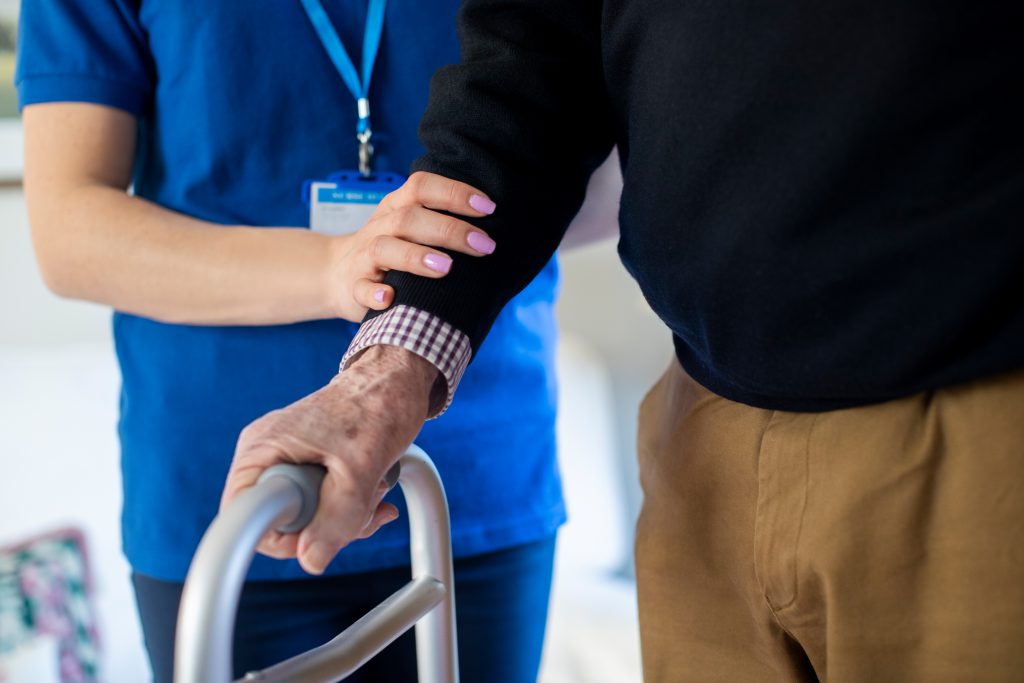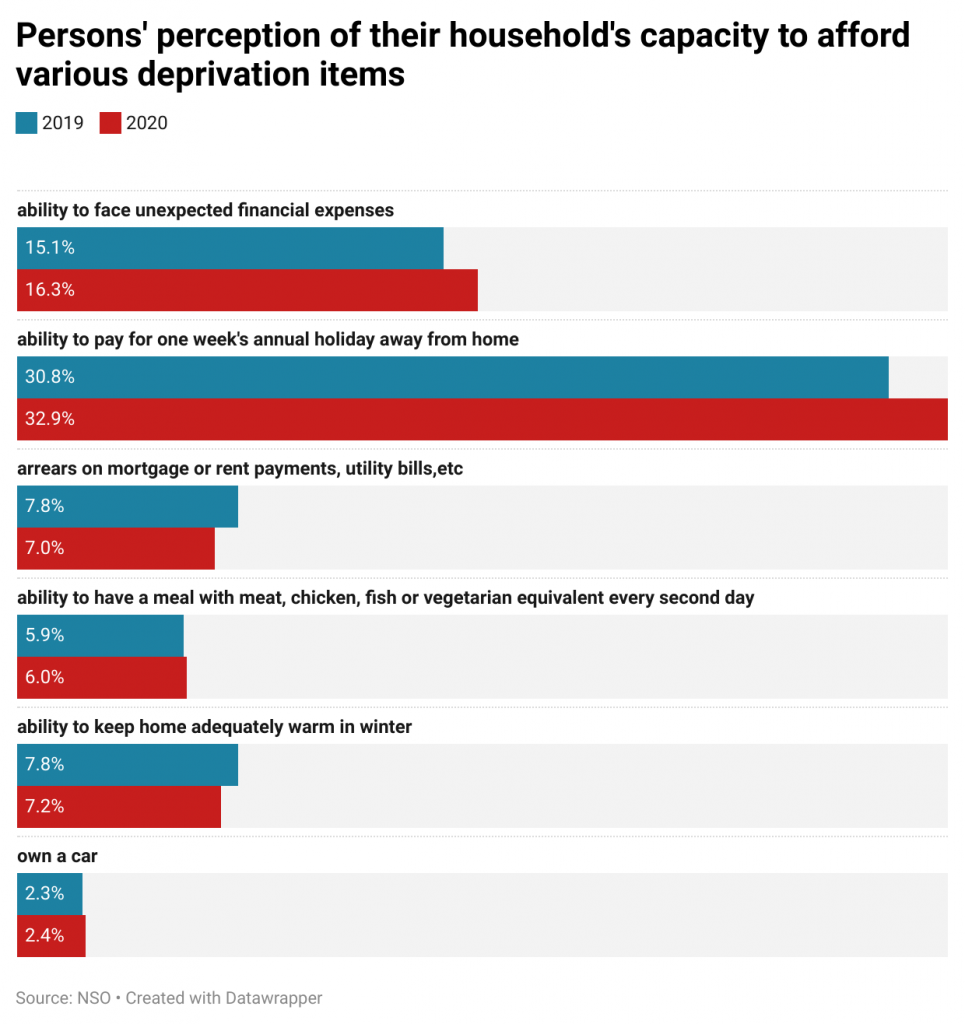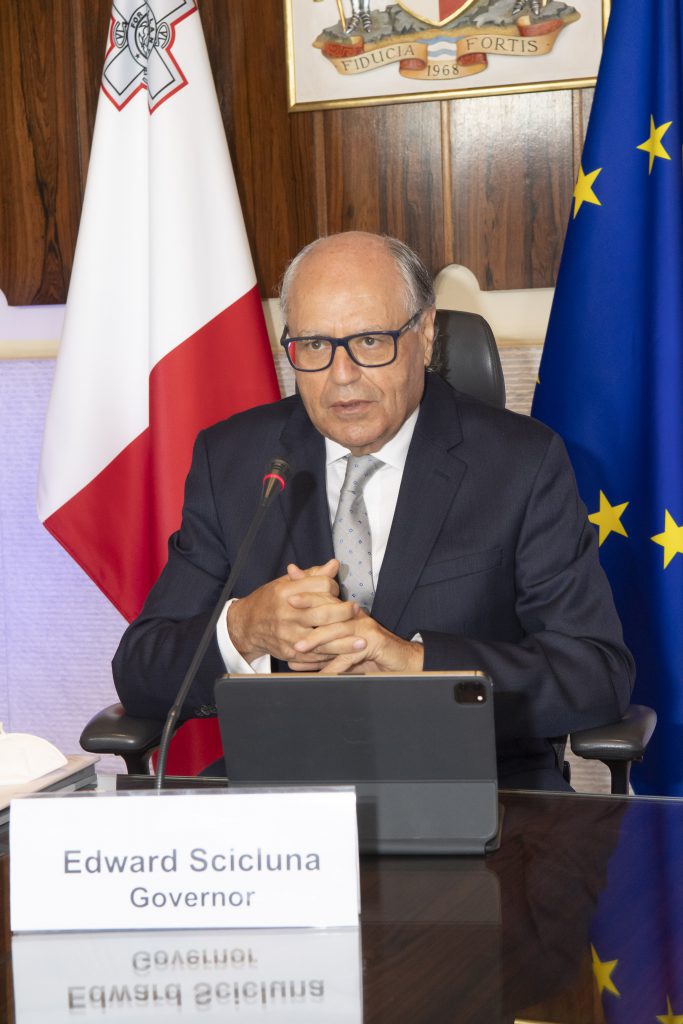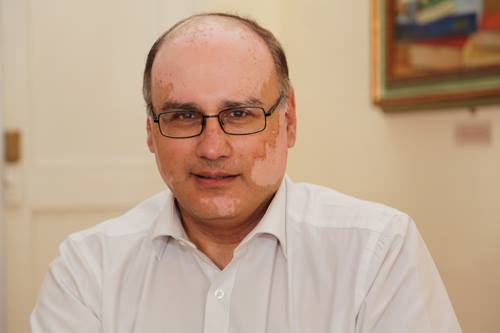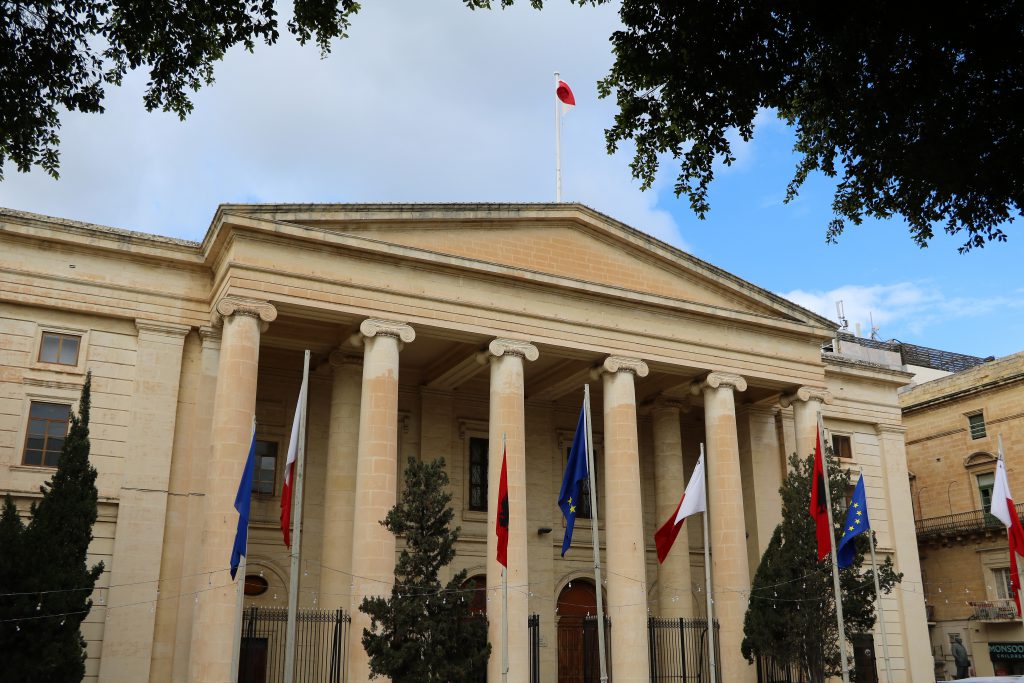Archive for Feature
Employee wins €12,000 in damages in case instituted by UĦM
A Malta International Airport employee was awarded €12,000 by the Industrial Tribunal ruled in a case of unfair dismissal which had been instituted by UĦM Voice of the Workers. The…
Government uninterested in improving carers’ conditions of work
More than a month since the start of industrial action in hospitals, old people’s homes and health centres, the Government has not yet taken any steps to find a solution…
A third could not afford holiday in 2020, a sixth unable to sustain a sudden expense
In 2020, a third of the Maltese population could not afford a week-long holiday while one in every six had no financial means to cover a sudden expense in excess…
Gap between rich and poor in Malta is widening
A significant increase in the gap between the rich and the poor has been observed in Malta over a seven-year period between 2010 and 2017, a study has concluded. On…
‘The black side of the Maltese black economy’ Central Bank chief on the recent money laundering scandals
The recent spate of high-profile money laundering arraignments involving financial practitioners, businessmen and politically-exposed persons have been described by the Central Bank of Malta governor as the “the black side…
Digital Green Certificate could be key for recovery of tourism industry
The Digital Green Certificate could play a crucial role for the recovery of the tourism industry in Malta, but its success depends to a high degree on the rate of…
Salary breaches prompt UHM to seek DIER intervention
Persistent mistakes resulting in hefty deductions in the salaries of OZO Group employees at Wasteserv have prompted UĦM Voice of the Workers to request the intervention of the Director of…
A ‘dangerous precedent’ for our Constitutional rights
A Bill being piloted by the government may set a “dangerous precedent” as it would mean that our rights and liberties would no longer be guaranteed by the Constitution but…
Freeport and JobsPlus employees not yet vaccinated despite high-risk job
Freeport workers and JobsPlus employees are outraged at the fact that despite their high-risk jobs with respect to COVID-19 exposed, they have not yet been administered the vaccine yet. Although…
Contact tracing scheme shrouded under a veil of secrecy
A government scheme targeting workers in the tourism industry who have been idle for months due to the slowdown caused by the COVID-19 outbreak seems to be shrouded under a…

